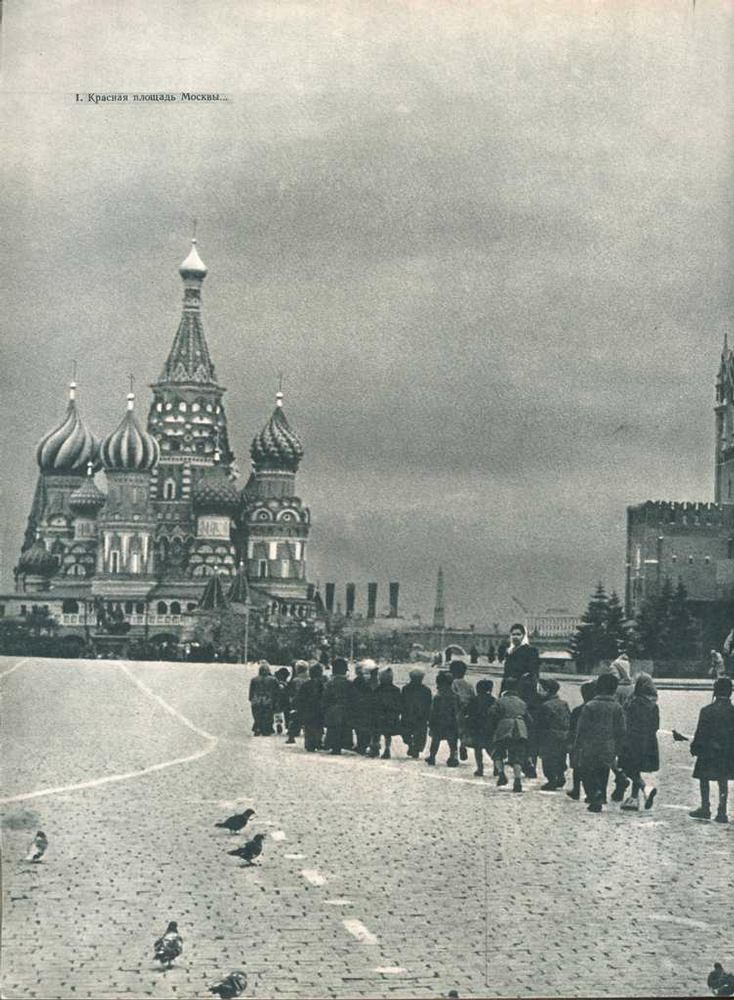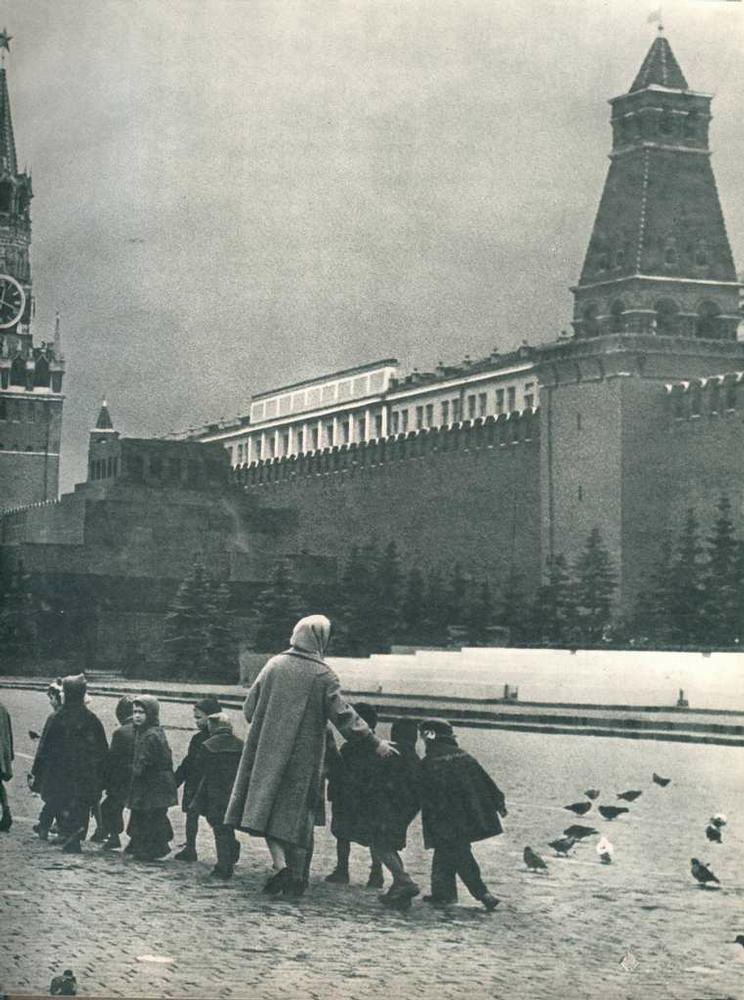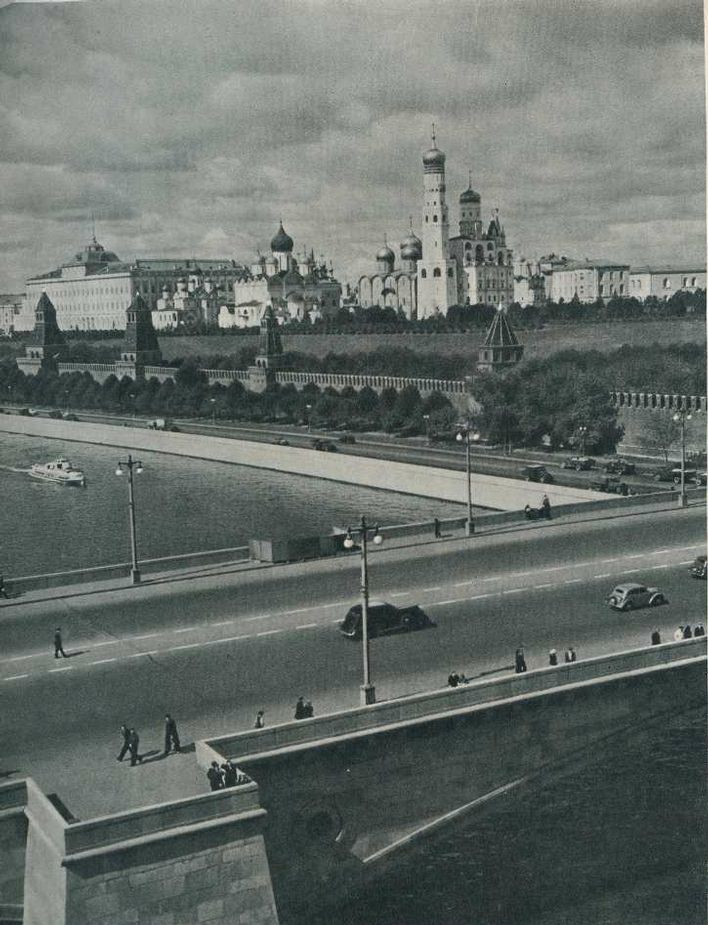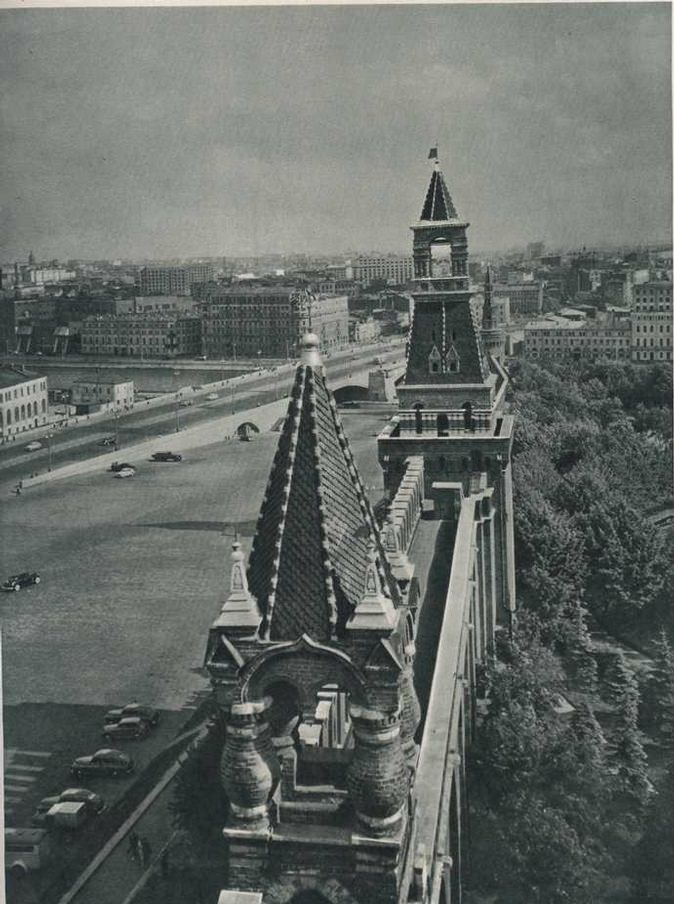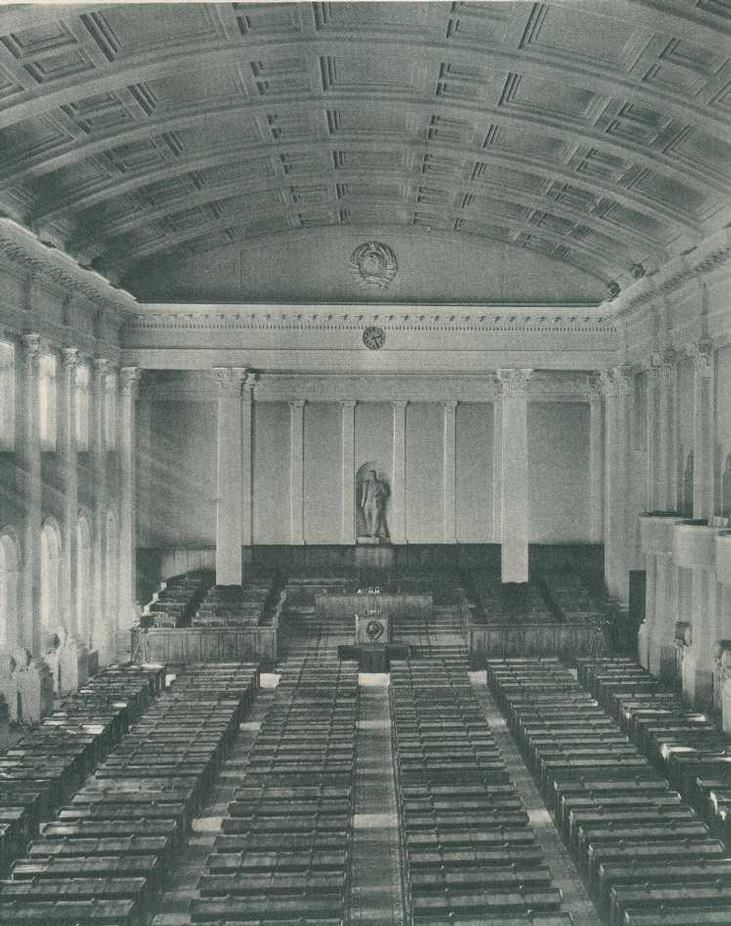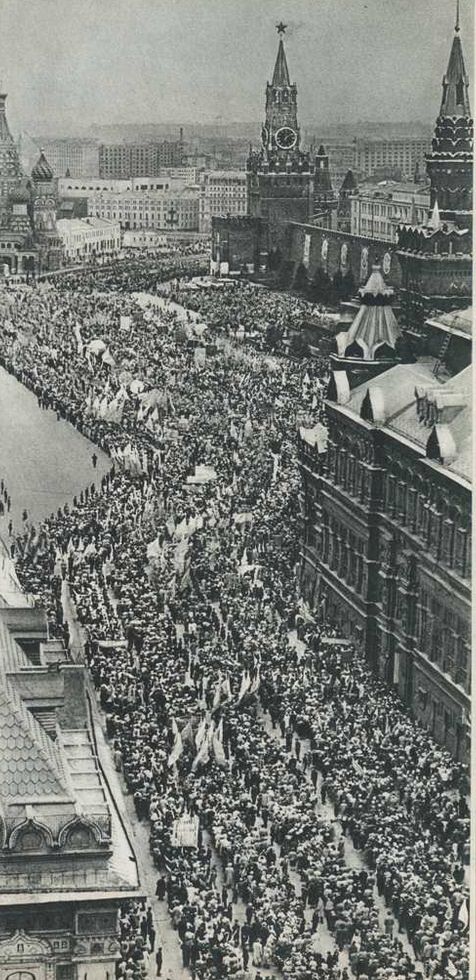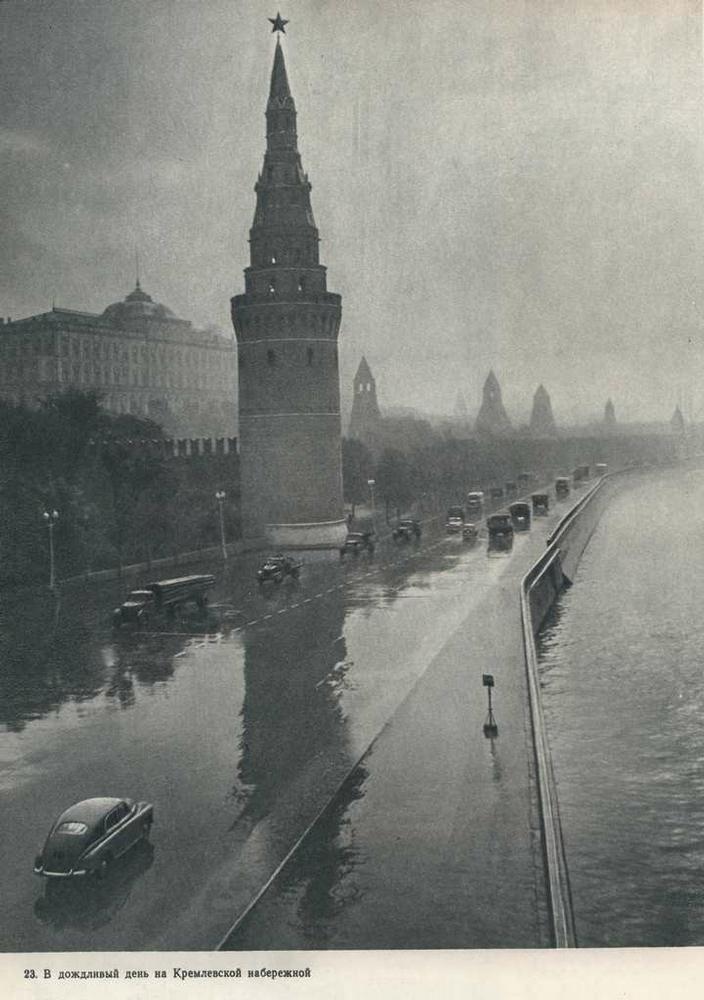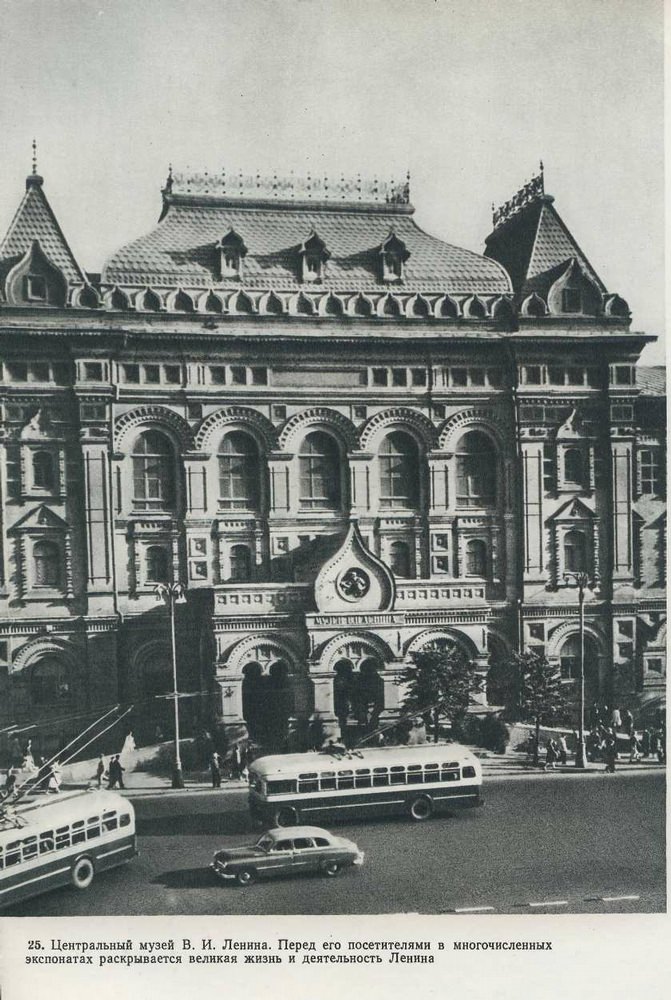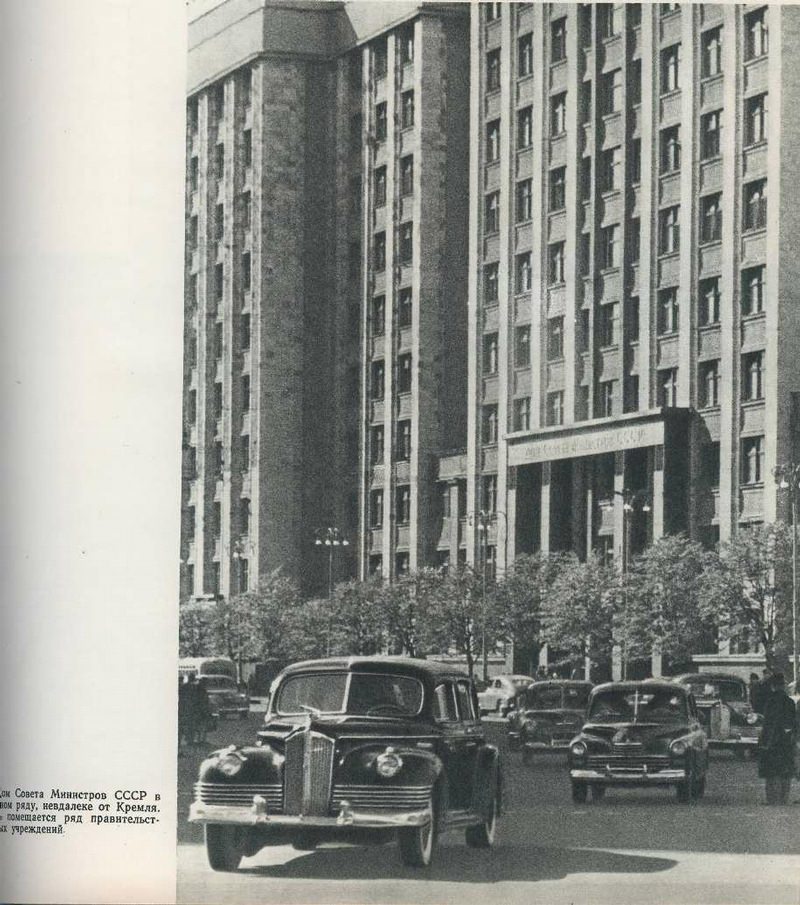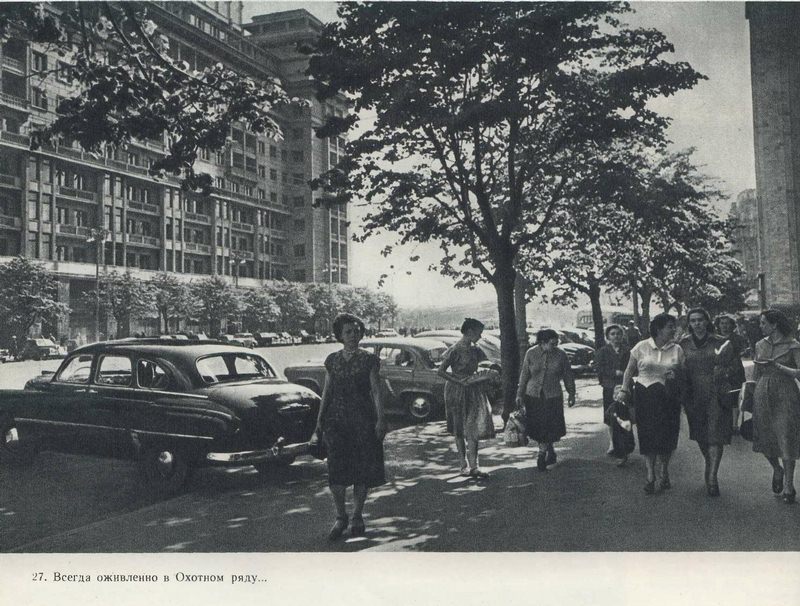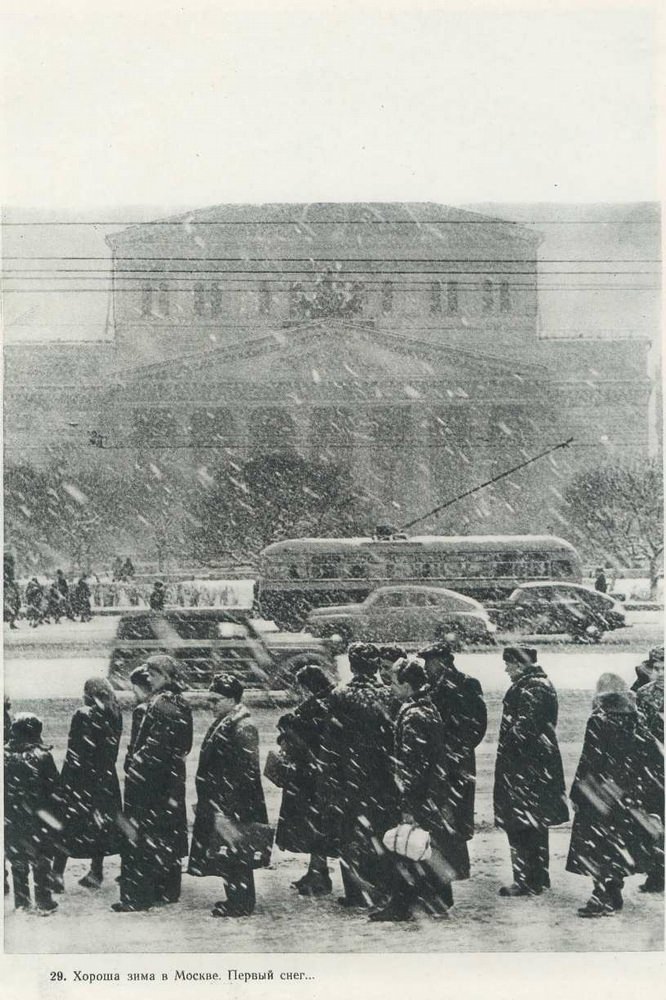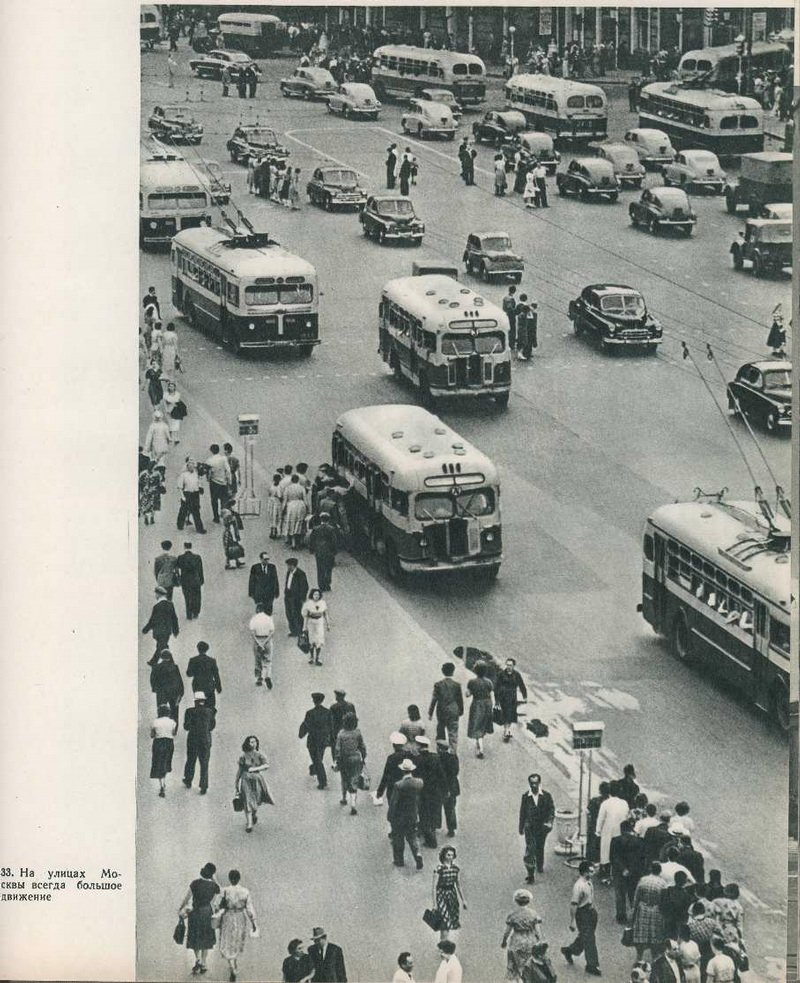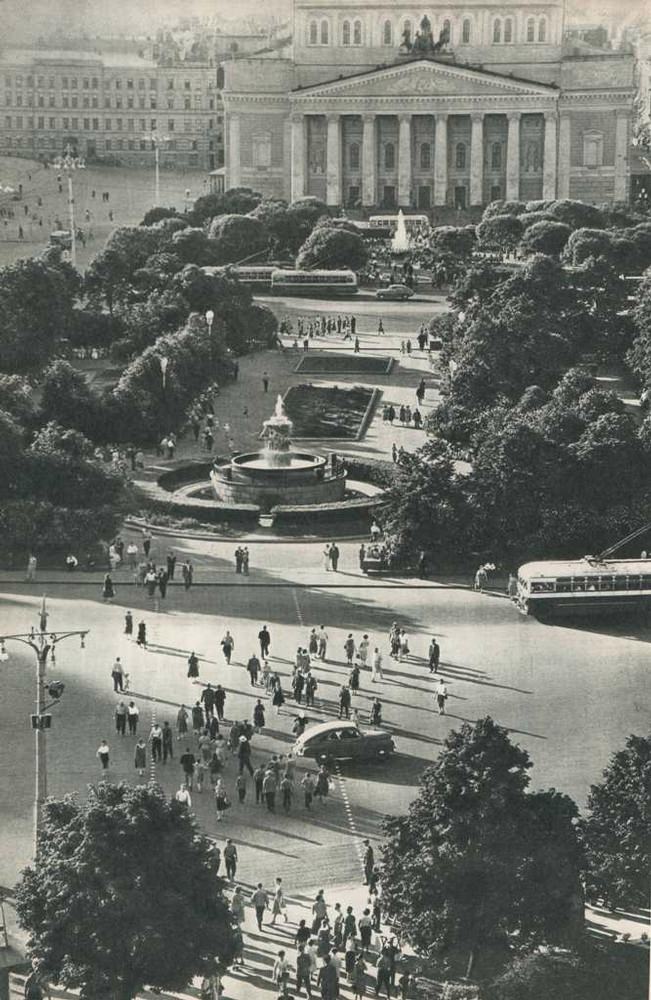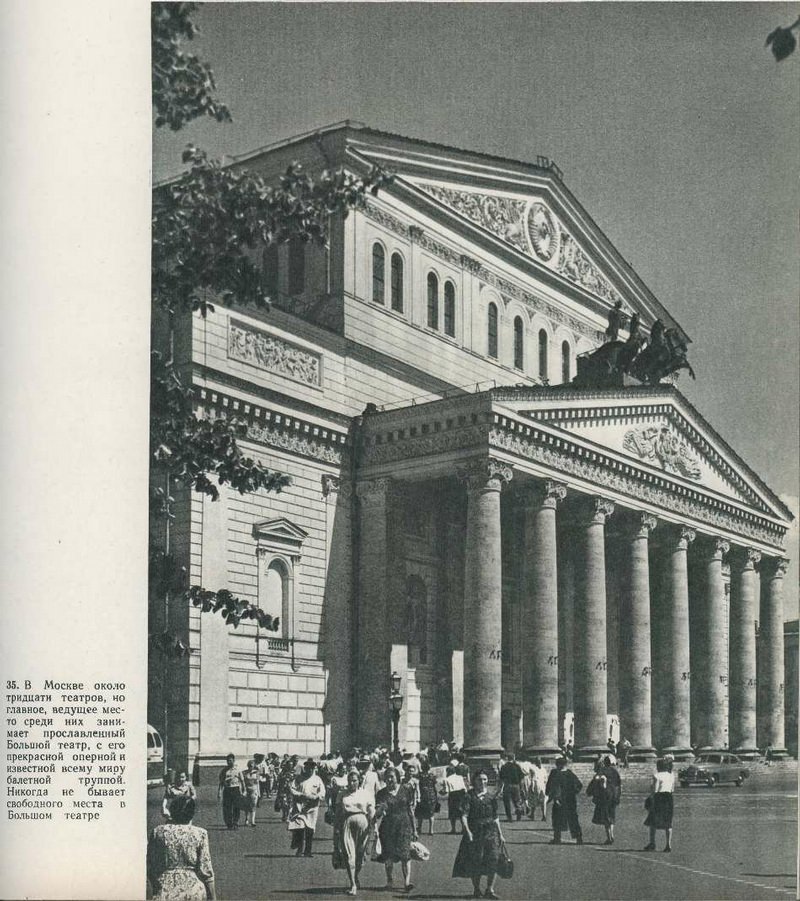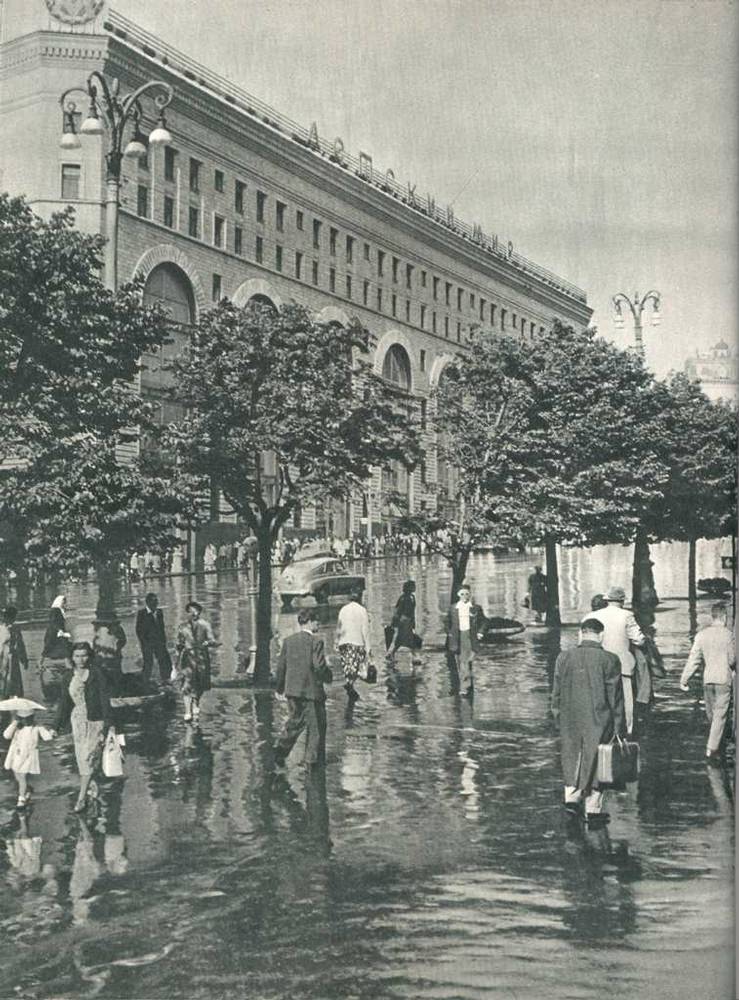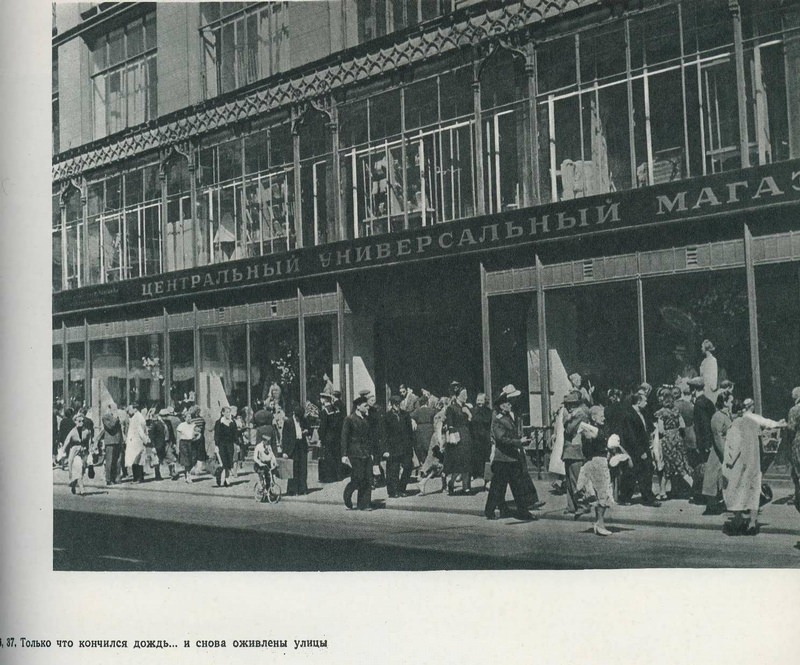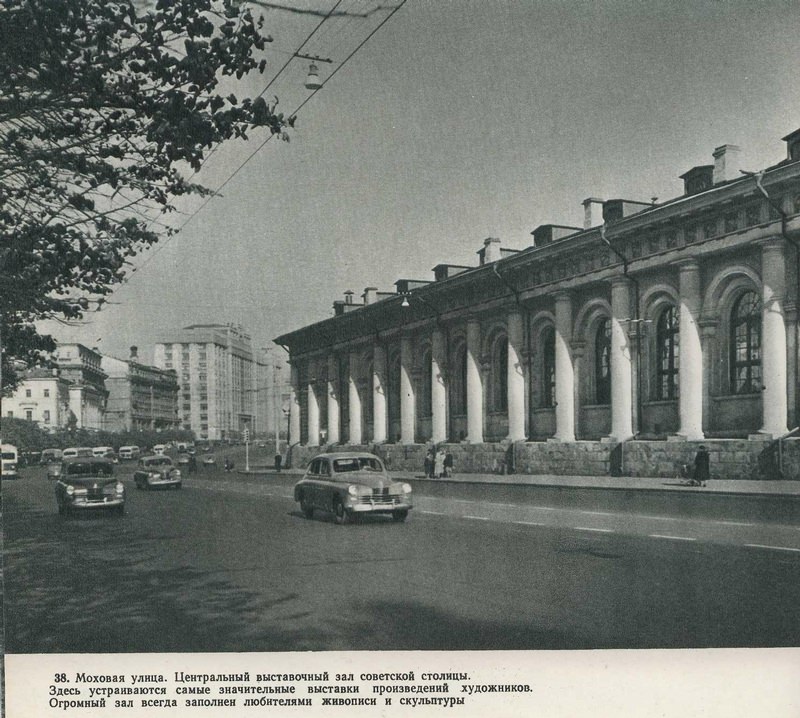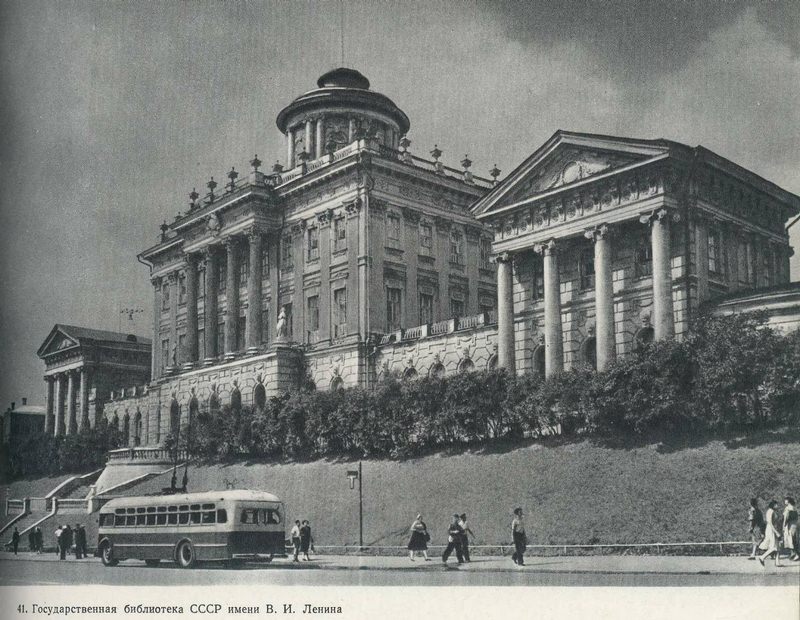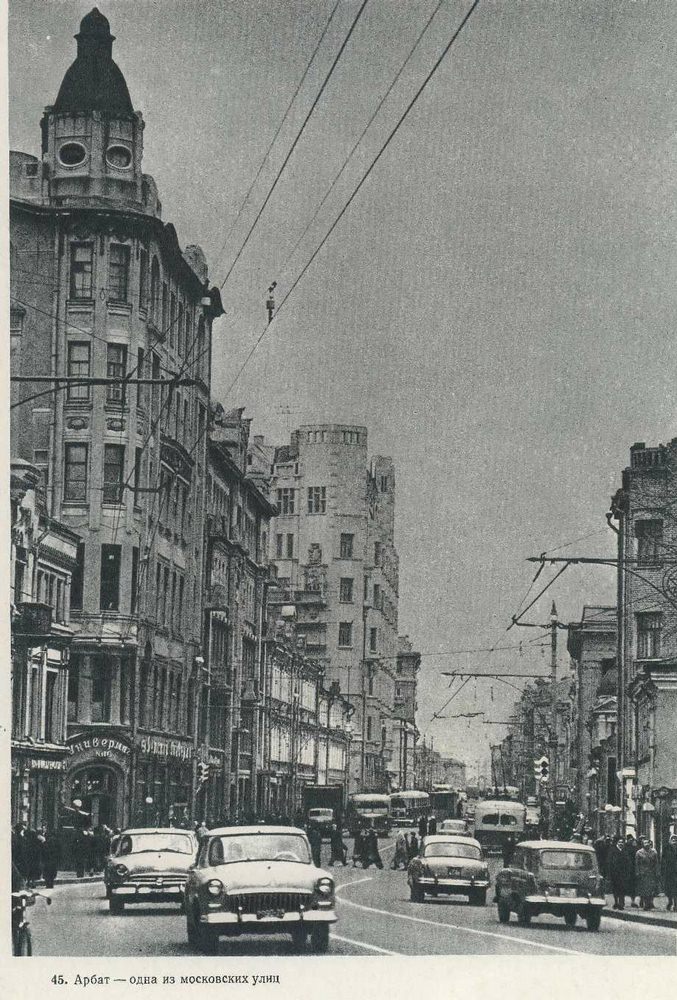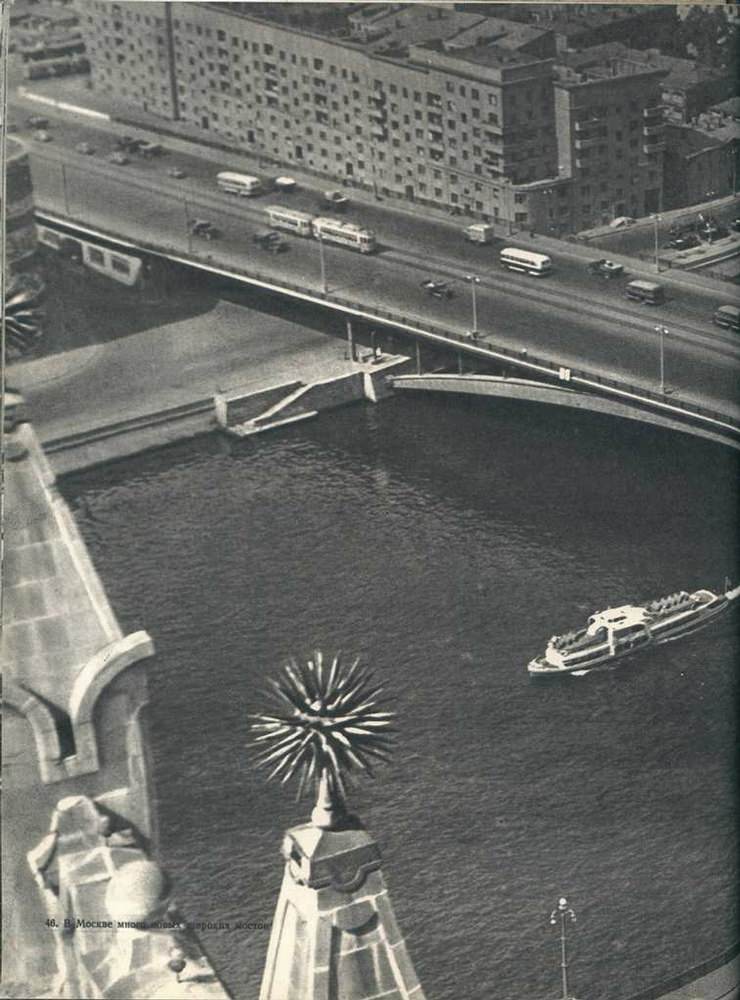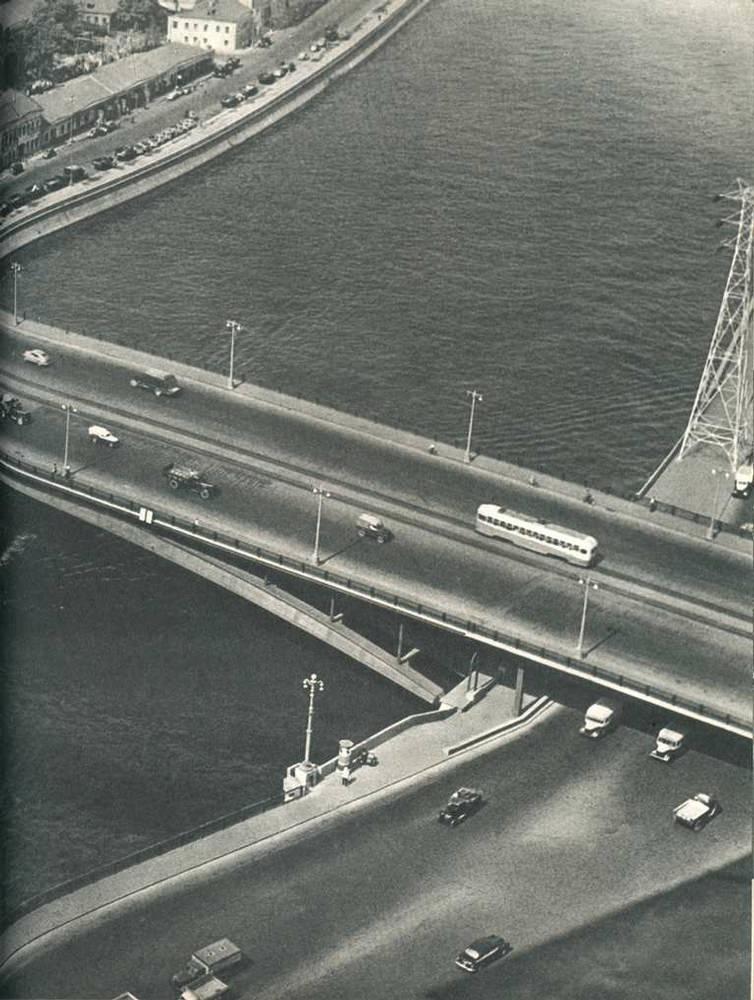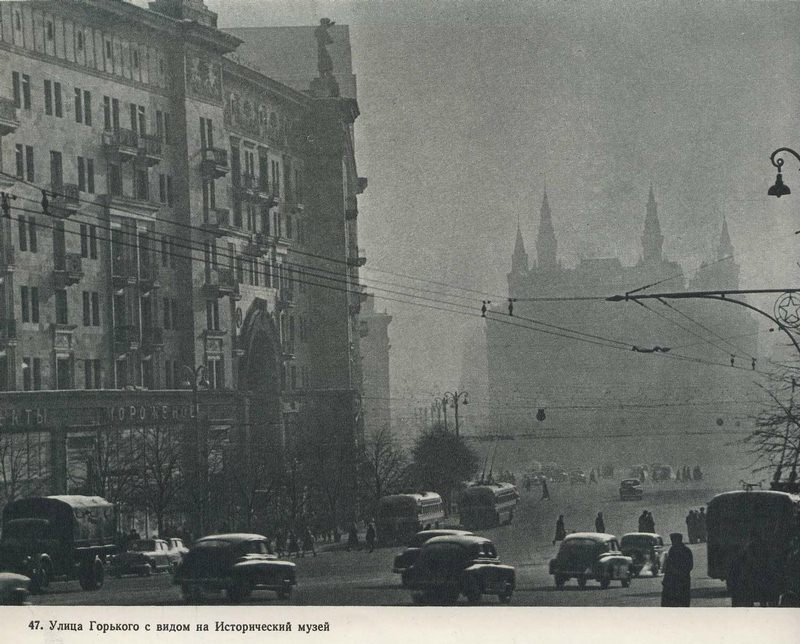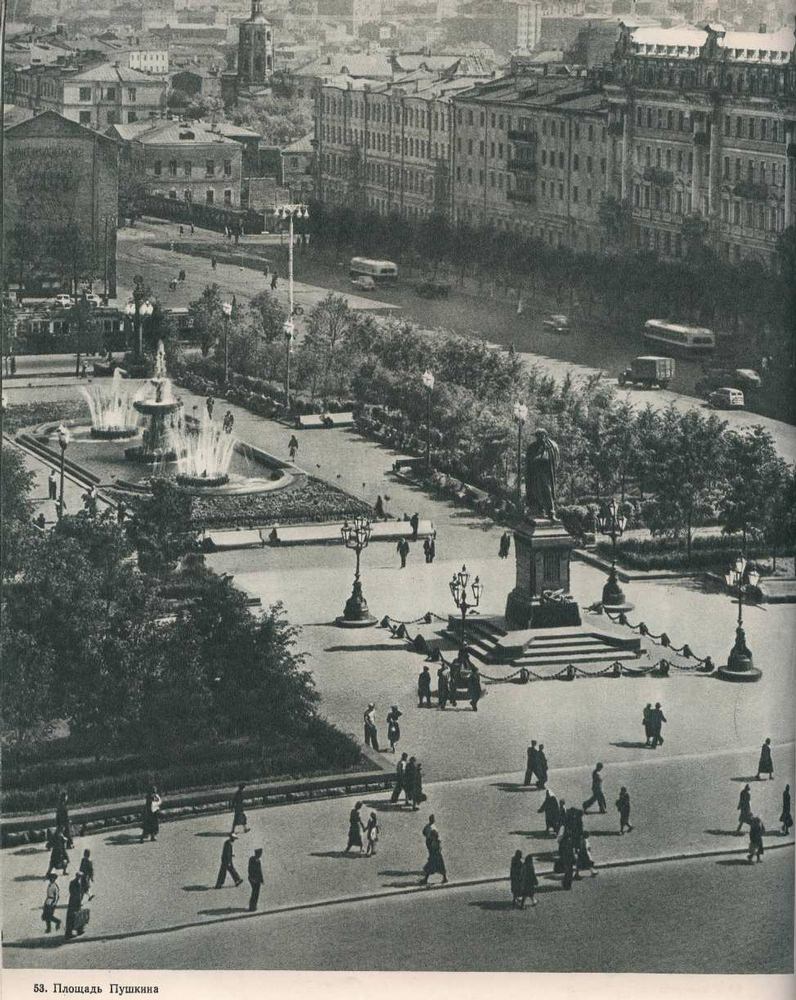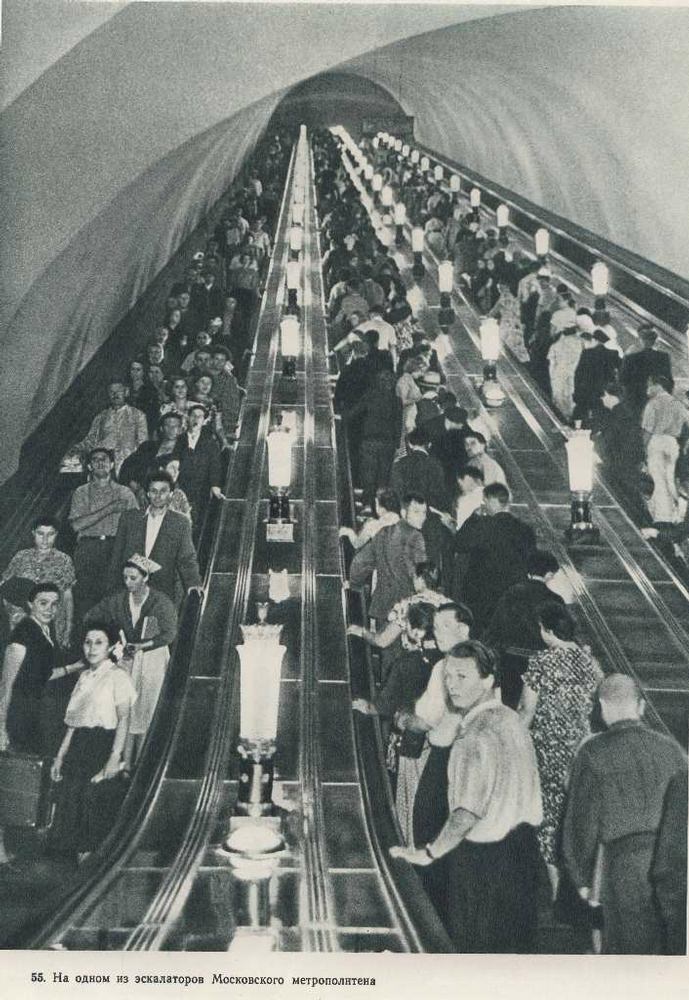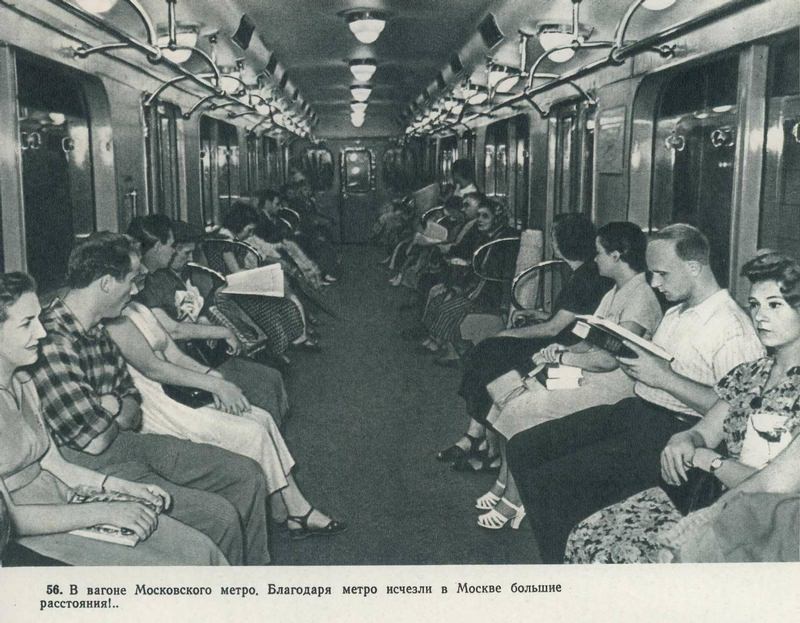Moscow in 1960 was a city of contrasts. The shadow of World War II was fading, and a new era was dawning, marked by the Space Race and Cold War tensions. Daily life for Muscovites was a mix of socialist ideals, everyday struggles, and quiet moments of joy. Let’s step back in time and explore what it was like to live in the Soviet capital during this intriguing period.
For many, the day began in a communal apartment. Sharing kitchens and bathrooms with neighbors was common, fostering a sense of community, but also presenting challenges to privacy. Breakfast was often simple and quick: perhaps some bread with butter and jam, or a bowl of kasha (porridge).
The commute to work could be an adventure. The Moscow Metro, with its grand stations adorned with mosaics and chandeliers, was a source of pride. But buses and trams were often crowded, and journeys could be long. Many people walked or cycled, braving the city’s often unpredictable weather.
Workplaces were diverse, but state-controlled. Factories were the backbone of the Soviet economy, and many Muscovites worked in industrial jobs. Others were employed in offices, schools, or hospitals. Jobs were assigned, and while there was security, there wasn’t much room for individual career choice.
Read more
Lunch breaks offered a welcome respite. Factory canteens or local cafes provided simple, affordable meals. A plate of pelmeni (dumplings) or a bowl of soup was a popular choice. Food shortages were a reality, and queuing was a common experience, teaching patience and resilience.
Afternoons were spent back at work, fulfilling quotas and attending meetings. The workplace was not just a place to earn a living; it was also a social space. Co-workers often formed close bonds, sharing news and gossip, creating a sense of camaraderie.
Evenings offered a chance to unwind. A visit to a park for a stroll or a game of chess was a popular pastime. Others might head to a theater or cinema. Television was becoming more common, with state-controlled channels offering a mix of news, propaganda, and entertainment.
Shopping could be a challenge. State-run stores offered limited choices, and long lines were common. Finding desired goods often required persistence and resourcefulness. Some people turned to the black market for items that were scarce or unavailable in official stores.


